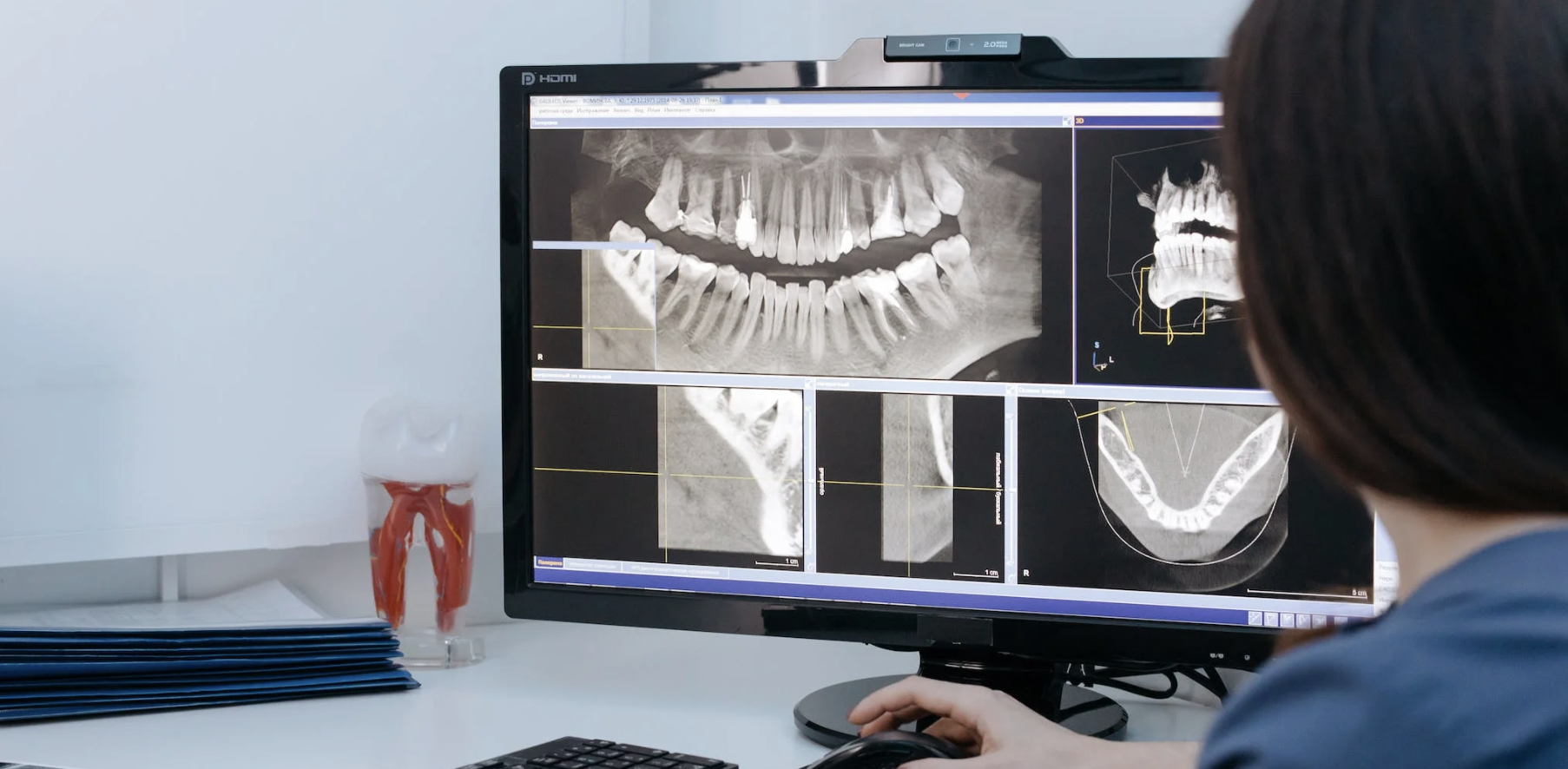
Navigating the world of dental care often leads to questions about the necessity and significance of dental records. Whether you’re considering a change in your dental care provider, undergoing specific treatments, or simply want to keep a comprehensive record of your oral health, understanding when and why you might need additional dental records is crucial.
From our patient’s experiences at NYC Smile Design having detailed dental records at hand has been invaluable, especially when you need to switch dentists and during specialized treatments.
This article aims to guide you through the scenarios that typically require additional dental records, their importance in your dental care journey, and the steps to acquire them.
When Additional Dental Records are Necessary
Navigating through various phases of dental care often raises the question: when are additional dental records necessary? Whether you’re embarking on a new dental relationship, facing specialized treatments, or managing ongoing conditions, understanding the specific scenarios that require comprehensive dental records is key.
Switching to a New Dentist
If you’re planning to switch to a new dental care provider, having a complete set of dental records is essential. These records provide your new dentist with a detailed history of your oral health, past procedures, and any ongoing treatments. These records offer your new dentist a detailed history of your oral health, including past procedures and any ongoing treatments. Having this information readily available enables your new dentist to quickly understand your dental background, thereby facilitating a more accurate and efficient development of your future treatment plan.

Specialized Dental Treatments
When it comes to specialized dental procedures, such as orthodontics, dental implants, or extensive cosmetic work, the necessity for detailed and up-to-date dental records becomes even more pronounced. These advanced treatments require a deep understanding of your unique dental structure, previous dental work, and overall oral health to ensure successful outcomes.
Recent X-rays: These are critical as they provide a clear, comprehensive view of your dental anatomy, revealing underlying structures not visible during a regular examination. These X-rays are particularly essential in complex cases like TMJ disorders, orthodontics, root canals, extractions, and assessing tooth damage. For instance, in the case of implants, 3D X-rays help in assessing bone density and determining the optimal placement.
Models of Your Teeth: Physical or digital models of your teeth can be instrumental for treatments like orthodontics. They allow the dentist to plan the movement of your teeth accurately and tailor the treatment to your specific dental alignment. Digital models also allow dentists to keep records of your teeth and to see changes in your mouth structure over time.
Records of Previous Treatments: Knowing your history of dental treatments is invaluable, especially for procedures like cosmetic work. For example, if you’ve had previous dental veneers or crowns, your new dentist needs to know the materials used and the techniques applied to ensure compatibility and continuity in your treatment.
Treatment-Specific Details: Each specialized procedure may require additional, specific information. For orthodontic work, details about your jaw alignment and bite pattern are crucial. Photography and videography of your teeth play a vital role in dental aesthetics and functional analysis. These visual records allow dentists to meticulously examine how your smile integrates with the overall facial structure, assess muscle patterns during movement, and evaluate the functional aspects of your bite. In contrast, cosmetic procedures may focus more on the aesthetic aspects, such as the shape, color, and alignment of your teeth.
Having these comprehensive dental records readily available for your dentist not only assists in the precise planning of these complex procedures but also contributes to more predictable and satisfactory results.
Managing Chronic Dental Conditions
If you have ongoing dental issues, such as periodontal disease or chronic tooth decay, keeping up-to-date records helps in monitoring the progression and effectiveness of treatments.
The Significance of Dental Records
Understanding the role and significance of dental records is essential in the broader context of your oral health care. These records are not just routine documentation; they are integral to the quality and effectiveness of the dental care you receive.
Accurate Treatment Planning
Dental records are indispensable in helping your dentist to formulate precise and effective treatment plans. These records offer a comprehensive view of your dental history, which is crucial in understanding the context and progression of your oral health. They contain detailed information about past dental procedures, current conditions, and any specific patient concerns or preferences. This wealth of information aids significantly in the diagnosis of current issues and in the anticipation and prevention of potential future problems.

Continuity of Care
For patients receiving continuous dental care, especially those with complex dental histories, up-to-date records ensure that the treatment remains consistent and informed.
Personal Health Management
Having access to your dental records empowers you to be more involved and informed about your oral health, contributing to better personal health management.
Acquiring Additional Dental Records
When the need for additional dental records arises, it’s important to know the practical steps to acquire them efficiently and effectively. This section guides you through the process, covering the essential avenues and considerations for obtaining your dental records.
Requesting Dental Records from Your Current Dentist
You can request copies of your dental records from your current dentist. Most practices have a straightforward process for this, which might involve a small fee.
Understanding Legal Rights
Understand that you have a legal right to access your dental records. Dentists are obligated to provide these upon request, although it’s important to allow reasonable time for their preparation.
Digital Dental Records
Many modern dental practices, like NYC Smile Design, now maintain digital dental records, making it easier to transfer and access your dental history. Obtaining these digital records from your dentist is a key step in ensuring a seamless continuation of care, whether you’re transferring to a new practice or needing a comprehensive overview of your dental history.

The process of creating digital dental records often involves a range of advanced techniques. For instance, digital X-rays and intraoral scans are performed, capturing detailed images of your teeth and jaw structure. These procedures are typically quick, non-invasive, and provide invaluable data for accurate diagnosis and treatment planning. Additionally, digital impressions for creating 3D models of your mouth are often done, especially useful in treatments like orthodontics, where precise mapping of teeth alignment is necessary.
Conclusion: Staying Informed and Prepared
Maintaining and understanding the need for additional dental records is a fundamental aspect of managing your oral health. By staying informed and proactive about your dental history, you can ensure that your dental care is consistent, comprehensive, and tailored to your unique needs. Whether you’re switching dentists, undergoing specialized treatments, or managing ongoing conditions, having the right dental records at hand is a step towards a healthier, happier smile.
To further enhance your understanding of dental care, we invite you to read our informative blog, “What to Expect at a Dental Consultation.” This piece offers valuable insights into the consultation process, helping you prepare for your next dental visit with confidence. Explore it now to enrich your dental care journey and keep smiling with assurance and knowledge.
Topics:

